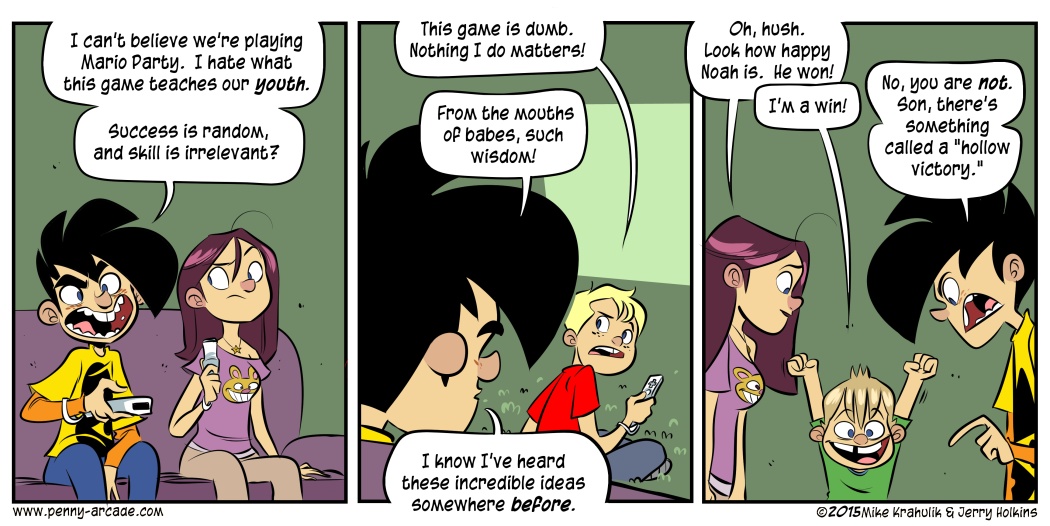Gabriel, as a rule, is not in the business of liking things. I suppose it was only a matter of time from his initial, uncharacteristic fascination to the unceremonious sloughing off, but this is not an activity without historical synonym. In case you are wondering, yes. For breakfast, I just tear pages out of the Thesaurus and eat them.
I linked over to Safety Monkey's assessment of MoO3 yesterday because it said absolutely everything there is to know, and then a substantial portion that is not relevant to the simulation of galactic empires as such. Then, as happens virtually every time I link there, his server was annihilated - and now, not only is there nothing to see over there, I didn't write anything here because there was no reason to. I should probably touch on the subject.
MoO3 is awesome. Now, the qualifications.
I have about fifteen hours under my belt, and I'll be direct with you and say that for the first few hours I thought the game would drive me mad. People who have kept their Strategy Cortex well maintained on other massive management games might have an easier time with it, but this is not a "game" in the classic sense so much as it is an "application." It is an interface designed to ease the management of a star empire. Once you learn that, the rest is easy.
Part of what makes the initial hours so overwhelming is that the "tutorial" such as it is isn't all that great. It consists of a verbose series of tooltips that are activated when you see a screen for the first time, and that block of text alongside this dense, intricate screen you've never seen before is like a one-two punch. I took those off almost immediately. Something else I did was grab the Prima Strategy Guide, something I don't do, but after the first time I played it I sat down with the guide and answered all of my questions before I went back in. That is correct, I actively studied it like one would a textbook.
Here's the thing, and I think this is important. I'm telling you that it's complex because I remember it being complex. Now, when I look back, I try to figure out what I thought was so weird about it. All the data is up front where you can see it, there's a handy encyclopedia built in, I honestly don't know how else they could have done the game proper. The issue is that there is so Goddamn much information that you need to acclimate yourself to it. What's more, though you could run your entire empire manually, even down to zoning individual regions of individual worlds for commerce, agriculture and the like, you certainly don't have to. Though there is a lot to do, literally anyone could play it if they wanted to, because of the Viceroy. Every world has certain aptitudes, and there is a virtual man on each planet that will handle all of the development, thank you very much. If you want him to handle it, but you still want a say, you can - no shit - set policies that guide the Viceroys. God, I love the word Viceroy. You can say, "I want my core worlds to focus on mining, research and agriculture in that order, I want the worlds on my borders to focus on defense and mining." You never need to think about it again, if you don't want to.
I think Quicksilver has balls. Balls, balls, and more balls. Balls of varying sizes, a collection of balls throughout the ages that look nice on the mantelpiece. This is the sort of game that gave the PC its reputation for depth of strategy. My secret fear is that the wide cross section of humans no longer desire a game like this, but I hope that retail is good to Master of Orion 3.
Visually, we are talking about some four-eighty-six type shit. Obviously that doesn't make it bad, but listen to me here. It is like a test from some wily and unpredictable gaming God, to see if you really mean it when you say that gameplay is all you care about.
I keep trying to get my mitts on that Goddamn 3DMark 03, to no avail. Though it is supposedly some kind of benchmarking utility, I've only ever used it for that purpose on the rarest of occasions, when my hardware geek nature takes the fore. The rest of the time, the 3DMark app is like a wonderful fantasyland projecting where in-game graphics may someday frolic. I understand that the team behind 3DMark is largely comprised of people from the "demo scene," which is obvious once you've seen it. In the C64 era, the demo introductions on pirated software were often more amusing, to say nothing for better produced, than the games elsewhere on the floppy.
(CW)TB out.
sequestering the blueprints of daily life
